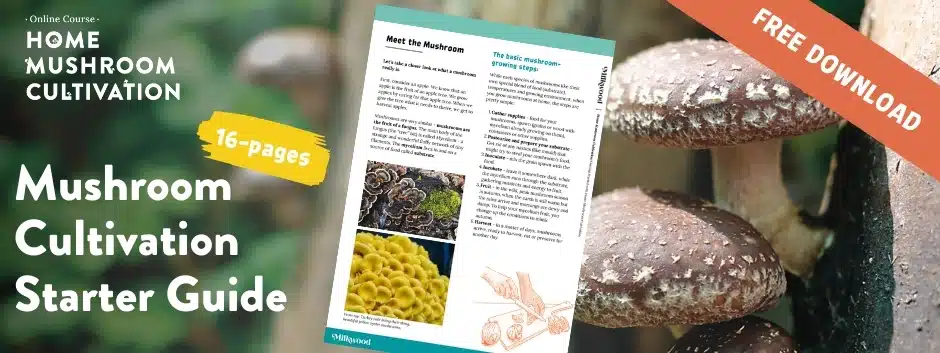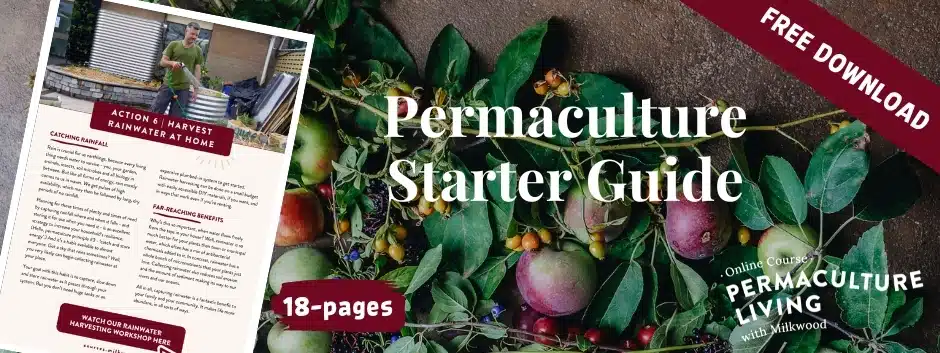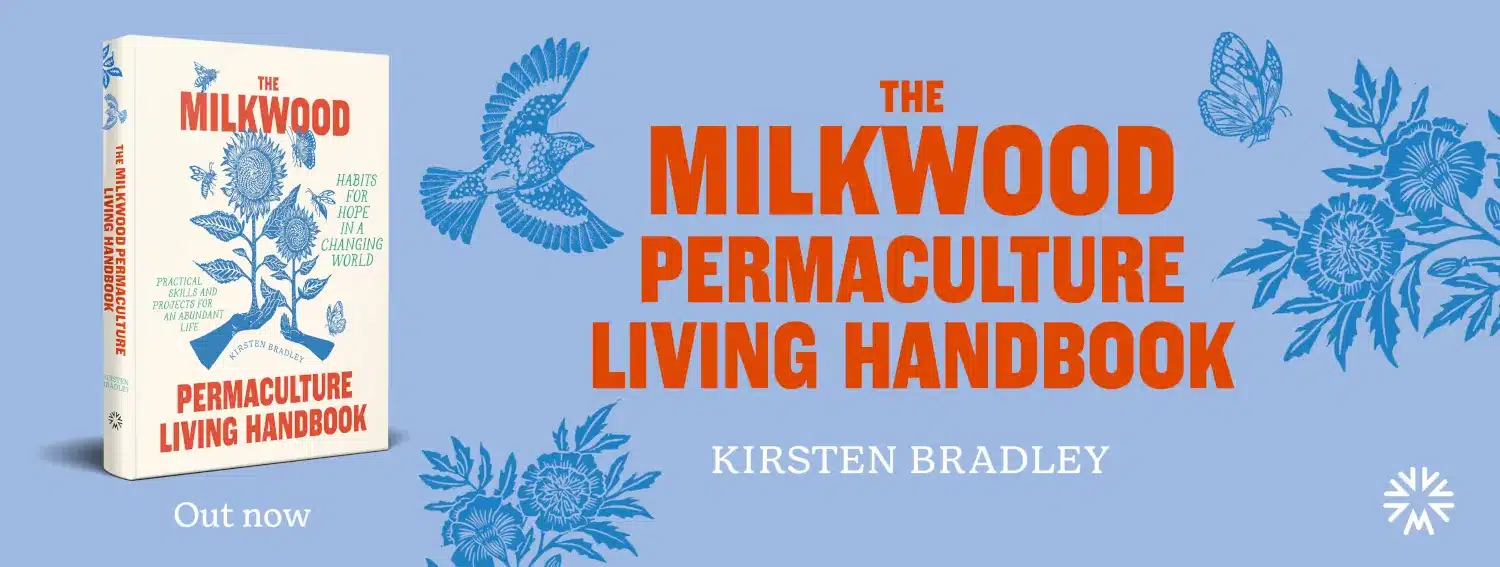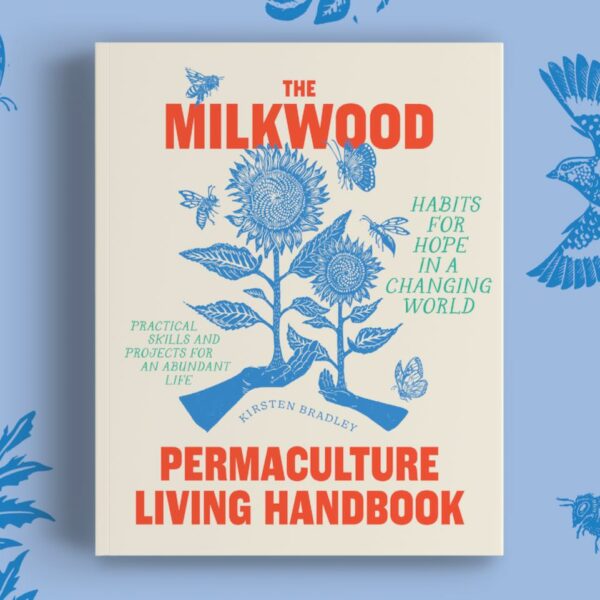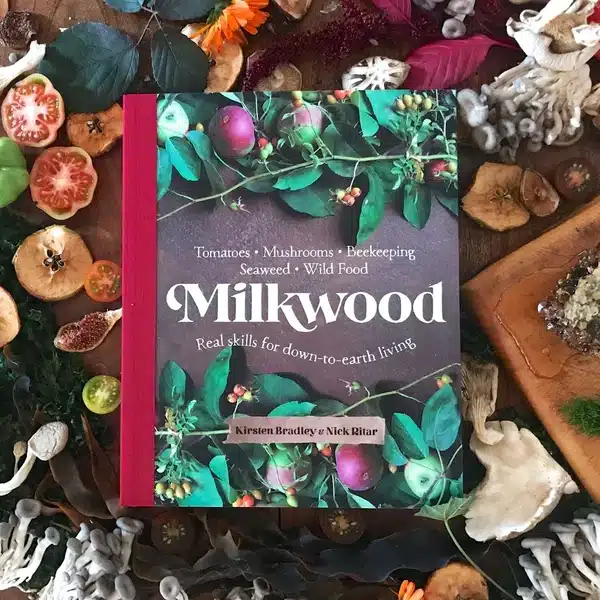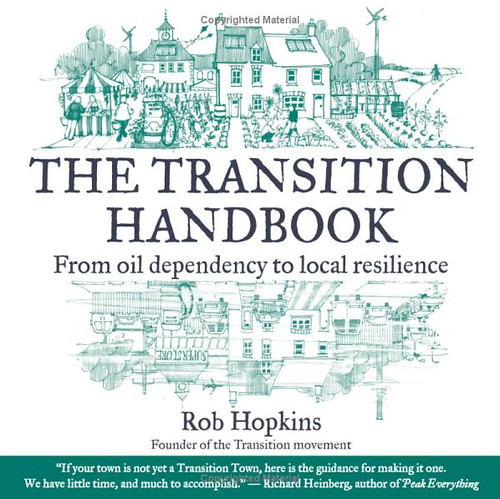
“The Transition Handbook: From oil dependency to local resilience” – front cover
The reason I am brandishing this book about at the moment is *not* because it crushes the reader with an avalanche of undeniable evidence. I feel that we’ve all been beaten about the head a fair bit with how the media portrays Peak-Oil and our society’s utter and complete dependence upon this black sauce. Not to mention Global Warming. And/or a potent combination of the two. It’s enough to make you go and find a large rock to wedge yourself beneath.
The reason I am brandishing this book about at the moment *is* because it is a template for community-level solutions. It ain’t a call to run for the hills, nor is it a treatise on how to greenify your life. This book describes (and very well, I think) possible ways to set up structures for community awareness, organization and implementation of action that will make a community more resilient to massive change.
Rather than simply pottering out a list of examples of village life as it used to be (with those ‘old-fashioned’ tenets on local food, locally-owned business, community participation), or explaining how you too can grow vegetables in your bathtub, The Transition Handbook serves a couple of very useful, and very fundamental, purposes. It discusses ways to ready a community for change, and how to facilitate that process so that it is born of and by the community in question, rather than being some imported wall-chart-solution of tips and tricks. The other thing that this book does is something that I really haven’t seen any other text of its ilk pull off: it discusses the impact that information (in this case, rather bad news) can have upon a person, and explores how we can move beyond that immobilizing state of AAAAARRRRGGGGGG! (followed by crawling under aforesaid rock).
Most of the ‘call to action’ texts and films i have gobbled up over the past few years around such topics as Peak Oil and Global Warming and Food Security and Re-Localization have been, for the most part, rather bleak. This may be because the information involved is just sooooo bloody important that the filmmakers/writers themselves haven’t got very far past the immensity of the situation. Fair enough. But some people, like Rob Hopkins (and many others that I can now think of, actually) are doing something lovely. And that is looking beyond and indeed, getting beyond, the big scary facts of the situation. So I would recommend you read this one. It will, I think, give you some good ideas on how to move forwards.
Transition wha? – go here and have a look at the concept of Transition Culture and Transition Towns
Getting a copy for yourself, your freaked-out brother-in-law and one for the local library while you’re at it:
- The Transition Handbook – Australian source (Home > Publications)
- The Transition Handbook – UK source (and Rob Hopkins’ site)
- The Transition Handbook – the ubiquitous Amazon option

